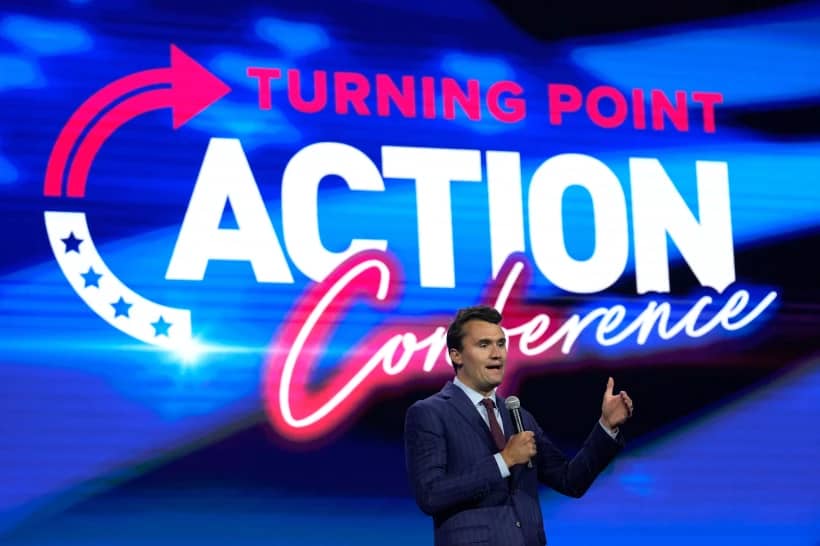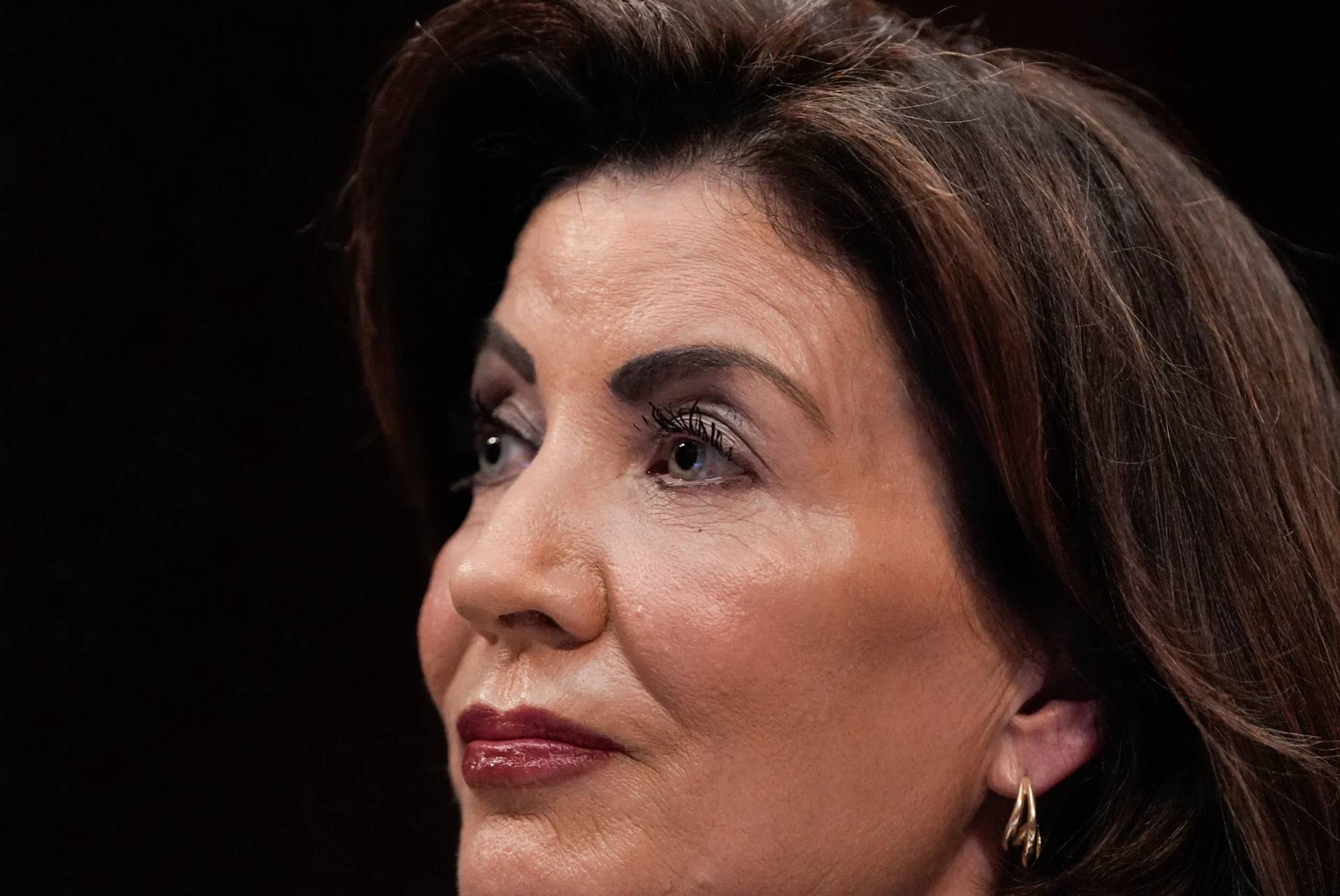In the cavalcade of online commentary after the Supreme Court ruled Friday morning that the Constitution guarantees a right to same-sex marriage, one of the most prominent voices on the issue was missing — for a couple of hours, at least.
Andrew Sullivan wrote one of the first major articles making the case for marriage equality, in The New Republic in 1989, and then spent the next 25 years refining his arguments (and sparring with opponents on both left and right) in essays, speeches, his book “Virtually Normal,” and countless posts to his blog, The Dish.
Sullivan, 51, abruptly closed The Dish in February, citing a desire to “return to the actual world again” after 15 years of near-daily blogging. But Friday morning he was back, with a long post hailing the decision as an affirmation of a “fundamental human freedom” (and citing Gandhi, Hannah Arendt, and the Bible).
The post may have whetted appetite of The Dish’s former readers for more, but Sullivan said it was a one-off. “I just had to write today,” he said in a telephone interview from Provincetown, Massachusetts, where he lives part of the year with his husband.
He added: “It’s great finally to win an argument. Though in truth I’m also a little depressed that I can’t keep arguing, because I do love it so.”
The following conversation has been edited and condensed.
Q: Were you always planning on posting something today?
A: I’ve really been taking time out, just to recover from Internet insanity. I agonized about whether to write anything as the decision approached, but of course when you’ve been working on something for 25 years, and it happens in this kind of way, you have to say something. I wrote what first came into my head today. But I’m still absorbing it, to be honest.
Q: You wrote today that you didn’t expect to see full marriage equality nationwide in your lifetime. How was this movement able to come so far so fast?
A: The movement succeeded because it made a conservative argument as much as a liberal one. It was crucial to be able to make it in a way that didn’t pigeonhole it as a left-wing issue — in fact, for the first 15 years or so, it was seen as a right-wing issue, particularly in the gay community. It was important to reach out to people like moderate Catholics, who could see what was truly conservative and reformist about this, as opposed to radical and revolutionary.
Q: This morning, conservative journalist David Frum tweeted his draft comments for Republican presidential candidates: “The Supreme Court has spoken, the issue is settled.” Is the argument finished not just legally, but intellectually and culturally?
A: I think the argument was actually over almost as soon as it began. When I edited the anthology “Same-Sex Marriage: Pro and Con” (1997), I could see opponents really had nothing. The only legitimate thing they had was a nervousness about tinkering with an important institution. But we used a conservative tactic, federalism, to show that you could do this in different states, and the world not only didn’t end, but got better. With marriage, gay people are more integrated into families, they have more self-esteem. So that last argument has really collapsed. I’d like to think this was because of arguments like mine. But in truth, it was a groundswell from the bottom up, as people saw, finally, who gay people really were.
Q: What kind of work is left for advocates to do?
A: I think the main issue now will be protection of religious liberty. Many of us have no problem allowing religious institutions to run their own organizations as they see fit, as long as they are sincere and in good faith. I don’t think they have anything to fear. What we need to express at this point is magnanimity. We’ve got to let people who genuinely find (same-sex marriage) disconcerting the space and time to deal with it. That’s what I would caution and urge.
Q: The title of your essay today — “It Is Accomplished” — quotes Jesus’ final words on the cross. What was your thinking there?
A: It’s the first phrase that came to mind. “Vale of tears” is in there too — I’m Catholic, and this is the language I use. But this thing that has always been in motion, that has defined the lives of some of us, it’s important for me just to tell myself it’s over and done.

















